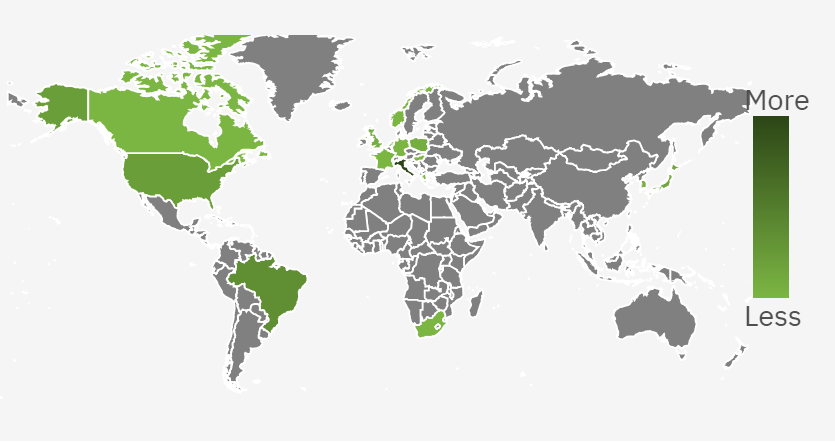 An open access journal
An open access journal
Innovations in Educational Technology: Engineering Solutions for Learning and Development
Abstract
This paper examines innovations in educational technology and the role of engineering solutions in enhancing learning and development outcomes. Drawing on interdisciplinary research from education, psychology, and computer science, the paper explores recent advancements in educational technology tools, platforms, and methodologies. It discusses how engineering principles are applied in the design, development, and implementation of educational technologies such as virtual reality, artificial intelligence, and adaptive learning systems to personalize learning experiences, improve student engagement, and facilitate knowledge acquisition. Through a comprehensive review of empirical studies and case examples, the paper highlights the potential of educational technology to transform traditional teaching practices, bridge educational inequalities, and prepare learners for the demands of the 21st-century workforce. Additionally, the paper addresses challenges and considerations associated with the integration of educational technology in educational settings, including issues related to digital equity, privacy, and pedagogical alignment. Through case studies and examples of successful educational technology implementations, the paper illustrates the transformative impact of engineering-driven innovations on educational outcomes and societal development. The paper concludes by discussing future directions and opportunities in educational technology research and practice, emphasizing the need for collaboration between educators, technologists, and policymakers to harness the full potential of educational technology for the benefit of learners and society.
Share and Cite
Article Metrics
References
- .Spector, J. M. (2016). Foundations of Educational Technology: Integrative Approaches and Interdisciplinary Perspectives. Routledge.
- .Koedinger, K. R., et al. (2015). Learning in an Intelligent Tutoring System: A Microgenetic Analysis of Knowledge Growth. Journal of Educational Psychology, 107(3), 849-856.
- .Mayer, R. E. (2019). Multimedia Learning. Cambridge University Press.
- .Siemens, G., & Baker, R. S. J. d. (Eds.). (2015). Learning Analytics: From Research to Practice. Springer.
- .Clark, R. C., & Mayer, R. E. (2016). E-Learning and the Science of Instruction: Proven Guidelines for Consumers and Designers of Multimedia Learning. John Wiley & Sons.
- .Means, B., et al. (2014). Using Technology to Support At-Risk Students' Learning. Journal of Educational Computing Research, 50(1), 87-106.
- .Dede, C. (2016). Immersive Interfaces for Engagement and Learning. Science, 353(6299), 1-8.

